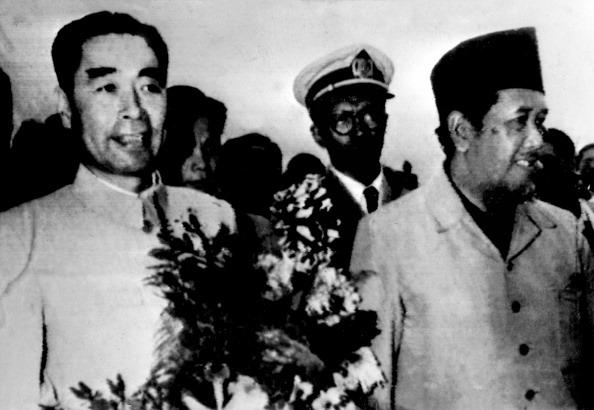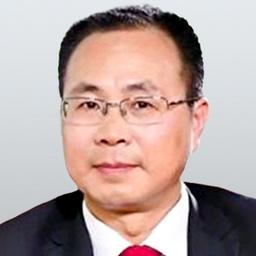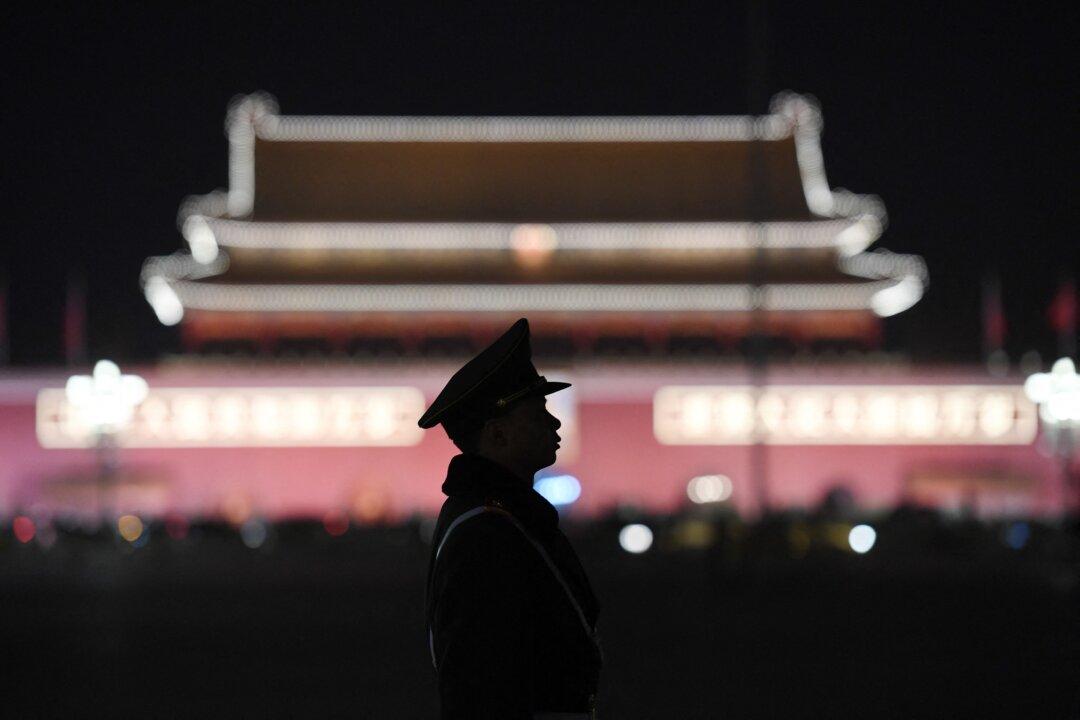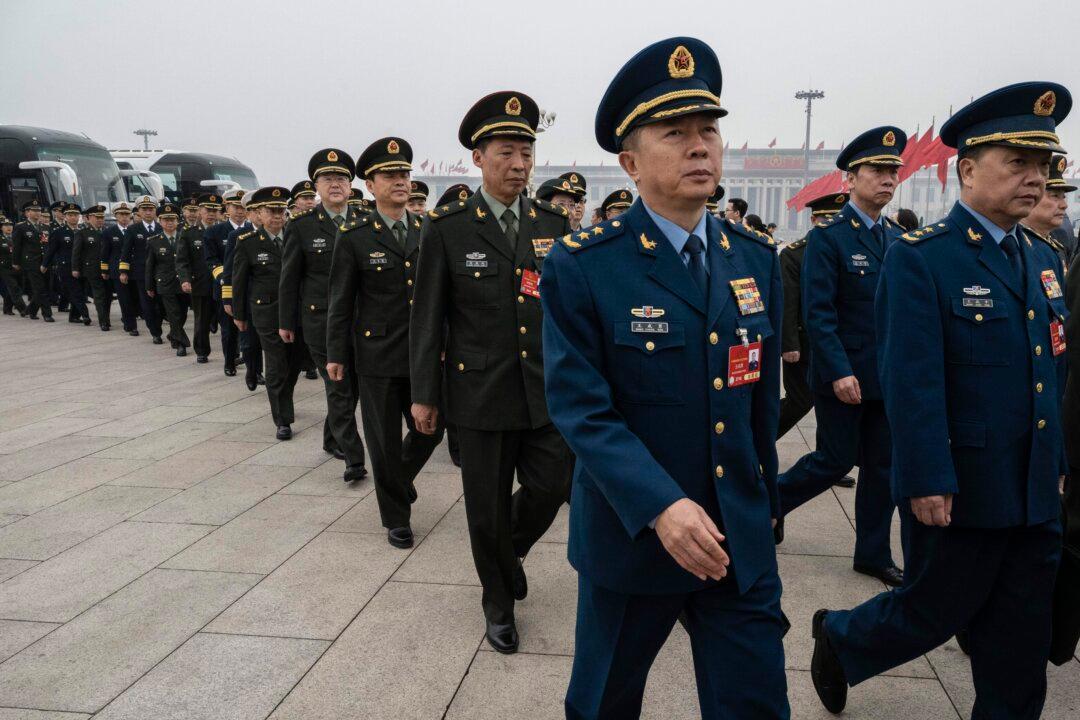Commentary
It was rumored that top Chinese security official Dong Jingwei defected to the United States earlier this year and this has received a lot of media attention. Various media outlets reported that he gave U.S. intelligence top-secret documents, including information on the origin of COVID-19. As a result, the Chinese Communist Party (CCP) considers Dong a traitor and this incident prompted Xi Jinping to call on all CCP members to retake the loyalty oath and pledge their allegiance to the Party.





